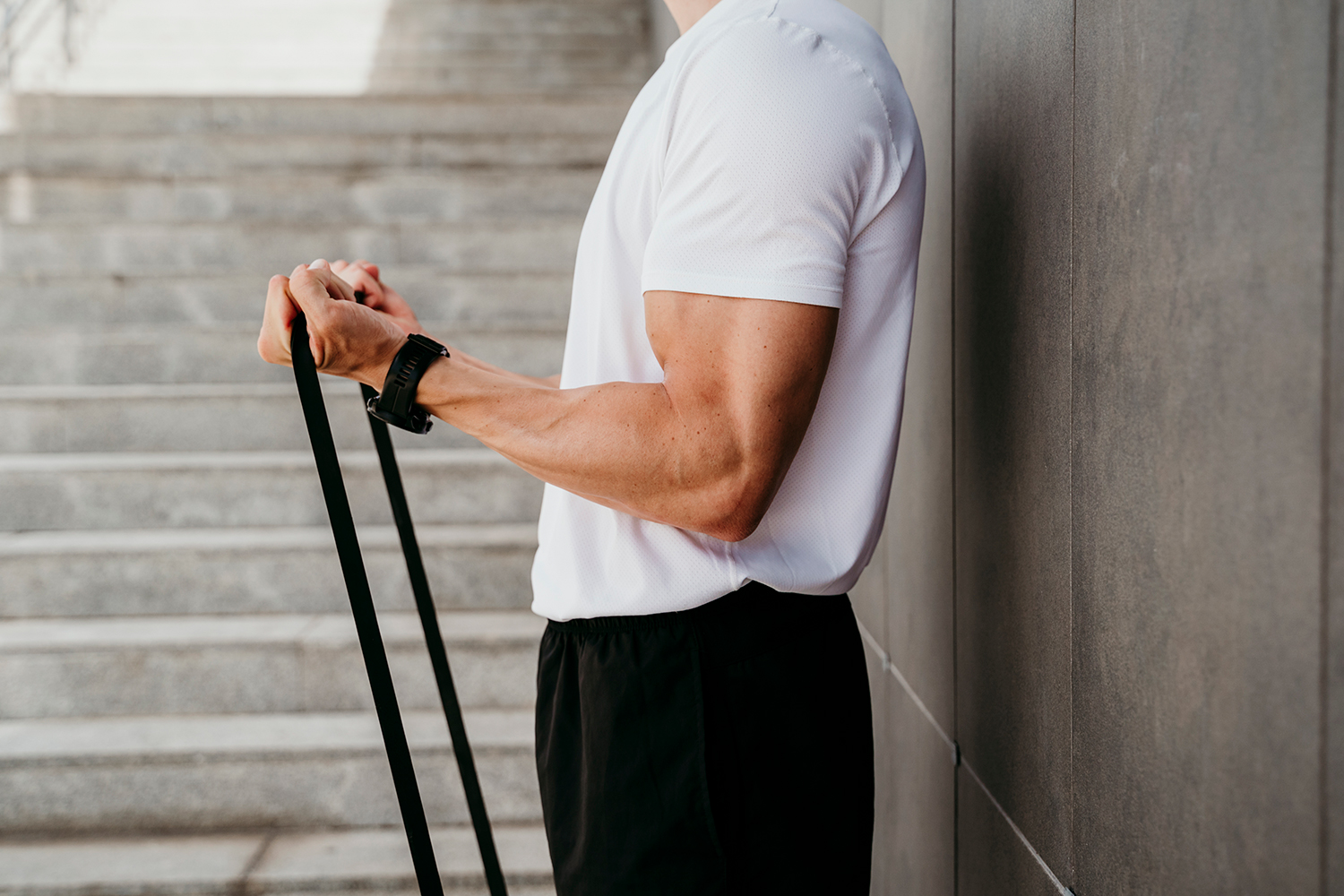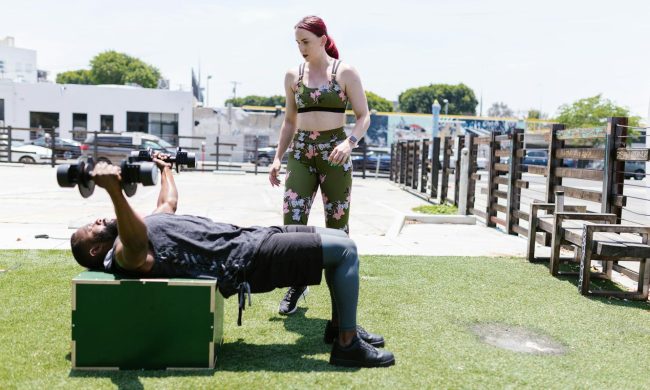You might think that getting more sleep, or at least a solid 8 hours, would be the best for muscle growth. Sleep is important for your body and provides much-needed energy to get through a workout. The question is: how many hours of sleep do you actually need to fuel muscle growth and help those muscles swell? The results of a recent study might surprise you.
Why your body needs sleep

When you sleep, your body rests and recoups, ready for the next day. Sleep is important for brain function and overall physical fitness. Sleep deprivation and poor sleep are linked to increased inflammation, which is a key driver of a range of chronic diseases. Multiple studies have proven that adequate sleep improves your physical fitness and enhances reaction time, muscular power, fine motor skills, and muscular endurance. On the other hand, a lack of sleep can heighten your risk of injury and decrease your motivation to exercise.
The study

Researchers assessed how getting one or two hours less sleep than the recommended sleep time of 7 hours affected the response to resistance training sessions. The study included 36 men who were divided into three groups:
- Less than 7 hours group — Participants who slept 6 hours per night on average, which is one to two hours less than the recommended sleep time.
- 7 hours group — Participants who slept the recommended 7 hours per night.
- Control group — Participants who slept more than 7 hours but didn’t perform any resistance training sessions.

Both the ‘7 hours group’ and the ‘less than 7 hours group’ completed training sessions using resistance bands three times a week for five weeks with 48 hours of rest between sessions. The sessions included effective exercises like lateral raises, push-ups, and bicep curls. Participants performed each exercise for max reps until failure. They took rest breaks between exercises.
Researchers assessed and measured the following:
- Sleep quality
- Total sleep time
- Sleep efficiency
- Sleep latency
- Body composition (using BMI, arm circumference, and triceps skinfold thickness).
- Muscle strength (assessed by the max number of reps).
The results

Both the ‘7-hour group’ and the ‘less than 7-hour group’ had increases in arm circumference and arm muscle area. Both of these groups also showed significant increases in muscle strength and a reduction in triceps skinfold thickness. The one to two-hour sleep reduction didn’t affect strength gains or body composition.
While you do need some sleep to get through that workout, this interesting study published in Sleep Science shows that when it comes to building muscle mass, powering through a session on less sleep than usual could deliver the same results as getting a full night’s sleep.
More studies are needed, but it isn’t worth stressing about losing an hour or two of sleep here and there, and you’ll still achieve muscle growth if you get those muscles pumping.



